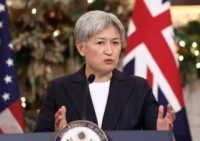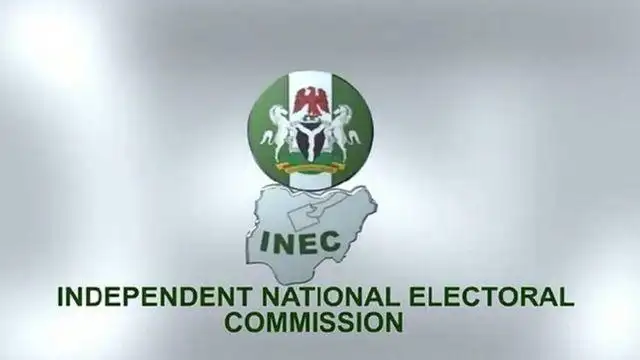A Federal High Court in Abuja has dismissed an objection raised by the Nigerian National Petroleum Company Limited (NNPCL) challenging the competence of a lawsuit filed by Dangote Petroleum Refinery and Petrochemicals FZE (Dangote Refinery). The ruling, delivered on March 18, 2025, by Justice Inyang Ekwo, clears the way for the court to hear the substantive case, in which Dangote Refinery seeks to void import licenses issued by the Nigeria Midstream and Downstream Petroleum Regulatory Authority (NMDPRA) to several oil marketing companies for importing refined petroleum products.
Dangote Refinery’s suit targets NMDPRA, NNPCL, and other oil marketers, arguing that the continued issuance of import licenses undermines local refining capacity, particularly as the refinery claims to produce sufficient petroleum products—like Automotive Gas Oil (AGO) and Jet Fuel—to meet Nigeria’s daily consumption needs. The legal action has heightened tensions in the country’s energy sector, spotlighting the clash between local refining interests and established importation practices.
NNPCL, named as a defendant in the suit, had sought to derail the case by filing a preliminary objection. It argued that the court lacked jurisdiction to hear the matter and requested its name be struck out, claiming that Dangote Refinery had incorrectly identified it as the “Nigerian National Petroleum Corporation” rather than its registered name, “Nigerian National Petroleum Company Limited,” as recognized by the Corporate Affairs Commission (CAC). NNPCL contended that this misnomer rendered the suit defective against it.
However, Justice Ekwo rejected NNPCL’s objection, deeming it procedurally flawed. In his ruling, he noted that the objection violated Order 29 of the Federal High Court Civil Procedure Rules (FHCCPR), 2019, which governs challenges to a court’s jurisdiction. The judge explained that NNPCL should have first filed a counter-affidavit to defend against Dangote Refinery’s claims before raising a preliminary objection. “Under the procedure in lieu of demurrer, any party is entitled to raise, by his pleading, any point of law, and that any point so raised may be disposed of by the trial court at trial or after the trial,” Ekwo stated. He further clarified that when a defendant seeks to challenge jurisdiction, strict compliance with Order 29 is mandatory.
Justice Ekwo emphasized that NNPCL’s failure to adhere to these procedural requirements rendered its objection incompetent. “The NNPCL, having not complied with the provisions of the FHCCPR 2019, could not be said to have filed a competent preliminary objection,” he ruled. The dismissal of the objection means NNPCL remains a party to the suit, and the court will now proceed to address the core issues raised by Dangote Refinery.
The case has broader implications for Nigeria’s petroleum industry, particularly as it pits the country’s largest refinery against regulators and importers. Dangote Refinery’s push to nullify the import licenses reflects its broader goal of reducing Nigeria’s reliance on imported fuel, a stance that has sparked debates about market competition, energy security, and compliance with the Petroleum Industry Act (PIA). As the legal battle unfolds, it could reshape the dynamics of fuel supply and distribution in the country.












I think the court made the right call in dismissing NNPCLs objection. Lets see how this case unfolds!
I cant believe the court dismissed NNPCLs objection! Do you think the decision was fair or biased? Lets discuss.
Wow, can you believe the court ruling on Dangote Refinerys suit? What are your thoughts on import licenses in this case?
I cant believe NNPCLs objection was dismissed! Do you think they have a valid case or not? Lets discuss.
Wow, can you believe the court dismissed NNPCLs objection in the Dangote Refinery suit? Thats some unexpected turn of events!
I cant believe the court dismissed NNPCLs objection! Do you think theres more to this story? Lets discuss.
Interesting decision by the court, but I wonder if it will set a precedent for similar cases in the future. What do you think?
Wow, cant believe the court dismissed NNPCLs objection! What are your thoughts on this twist in the Dangote Refinerys suit?
I cant believe the court dismissed NNPCLs objection! Do you think theres more to this Dangote Refinerys suit than meets the eye?